Q&A Interview: Elvira Rohland
As she approaches retirement, Elvira Rohland reflects on her 22-year journey as a Research Administrator, including her impactful work at Stellenbosch University. Over the years, her role has been a mix of helping students, managing systems, and making sure everything runs smoothly behind the scenes. Her passion for supporting others shines through, and it’s clear just how much impact research administrators like Elvira have on the people they work with.

“What’s most rewarding for me is helping students. Sometimes they struggle, and I’m the first point of contact for support. I deal with this every day, and when I can help them meet a submission deadline, the positive feedback, like 'You made my day!' is so fulfilling."
Could you tell me a bit more about your role?
Wearing many hats in Research Administration
I manage a wide range of responsibilities across research administration, including tasks as systems administrator, coordinator, reviewer, applicant, and application-form tester. I’m the first point of contact for all ethics submissions, whether new applications, ongoing reviews, serious adverse events or deviations, and I do the initial screening before assigning them to two administrators on my team for checks and onward coordination.
I’m also responsible for maintaining and updating forms, editing questions based on feedback from the Executive Committee (EXCO) and Department of Health regulations. This includes updating letter, form and email templates. I also generate quarterly reports using the Ethics RM reporting tool.
What’s your favourite part of the job?
Turning panic into progress
The most rewarding part of my job is helping students, especially when they’re facing tight deadlines and feeling overwhelmed. When I step in to resolve their application issues, I often hear things like, “You made my day!” It’s incredibly fulfilling to know I’ve helped them meet an important submission deadline.
What’s the most unexpected or surprising thing you’ve learned in your role?
From overwhelmed to confident
When I started, I was overwhelmed by how vast the field of research ethics is. You have to learn so many guidelines, policies, and regulations. My knowledge was limited at first, but over time I’ve gained experience and confidence.
I never imagined I’d be managing a system, fixing application issues, or supporting users. Now, I can handle inquiries with ease and provide real help. That growth has been both surprising and deeply satisfying.
What's one thing you've learned which has helped you the most either in your role or even in your personal life?
Patience is my superpower
The biggest thing I’ve learned is patience, especially when supporting students. I’ve also had to learn how to manage my time effectively. Sometimes, I’m in the middle of something important, and the phone rings, it’s a student who needs help.
So, I had to learn how to juggle everything. Being organised, multitasking, and staying calm under pressure have helped me not only at work but also in my personal life.
What do you see as the biggest challenges facing research administrators, and how is your team addressing these?
Keeping everyone aligned and informed
I think the biggest challenge is making sure research administrators are fully informed. They must understand the workflow, timelines, and how important it is to stick to these. Delays at the admin level can impact the entire review process.
Everyone involved, including ethics reviewers, need to be aware of key timeframes. If not, it leads to missed deadlines and questions like, “Where’s my feedback?” or “What’s the outcome?”
We’ve also seen the need for clearer office policies and Standard Operating Procedures (SOPs), step-by-step internal processes that help ensure consistency. While we’ve made progress, mistakes can happen. We’ve raised these issues and are actively working to improve them.

What’s your go-to stress relief during a busy day?
Coffee, wine, and a bit of quiet
Oh my gosh. Coffee. More coffee. And then more coffee again! That’s my go-to stress reliever.
When it’s been a particularly tough one, thankfully not too often, I unwind in the evening with a glass of wine and some quiet time. I live alone, no pets, so I really enjoy that peaceful space.
That said, switching off isn’t always easy. It really gets to me if something’s unresolved. I wouldn’t call myself a perfectionist, but I’m very loyal to my work. Maybe it’s just how I’m built.
If you weren't a research administrator, what do you think you’d be doing instead?
If not Ethics… Then Ethernet?
I think if I hadn’t gone into research administration, I would have become an IT technician.
Do you have any advice for someone considering a career in research administration?
Learn, connect and communicate
Absolutely. Whether you’re considering this path or already on it, the most important thing is to build strong relationships - with researchers, sponsors, students, and colleagues across your organisation.
Stay up to date with guidelines, internal procedures, and institutional policies. Keep learning by attending workshops and training to grow your understanding of research ethics and administration.
Communication skills are also key - especially when working with researchers. Your messages should be clear, concise, and error-free. I always emphasise attention to detail with my team and review communications before they’re sent. If I spot mistakes, I send them back for revision.
So yes, keep learning, stay organised, and communicate well. That’s how you become a professional in research administration.
Do you do any research outside of your job?
Too busy being a Research Administrator
No, I don’t. I just don’t have the time. My job keeps me very busy but I do find it interesting when I receive research proposals. Sometimes the project titles and objectives really catch my eye, and I think, “Wow, I’d love to be part of that research team.”
But no, I don’t participate in research outside of my role.



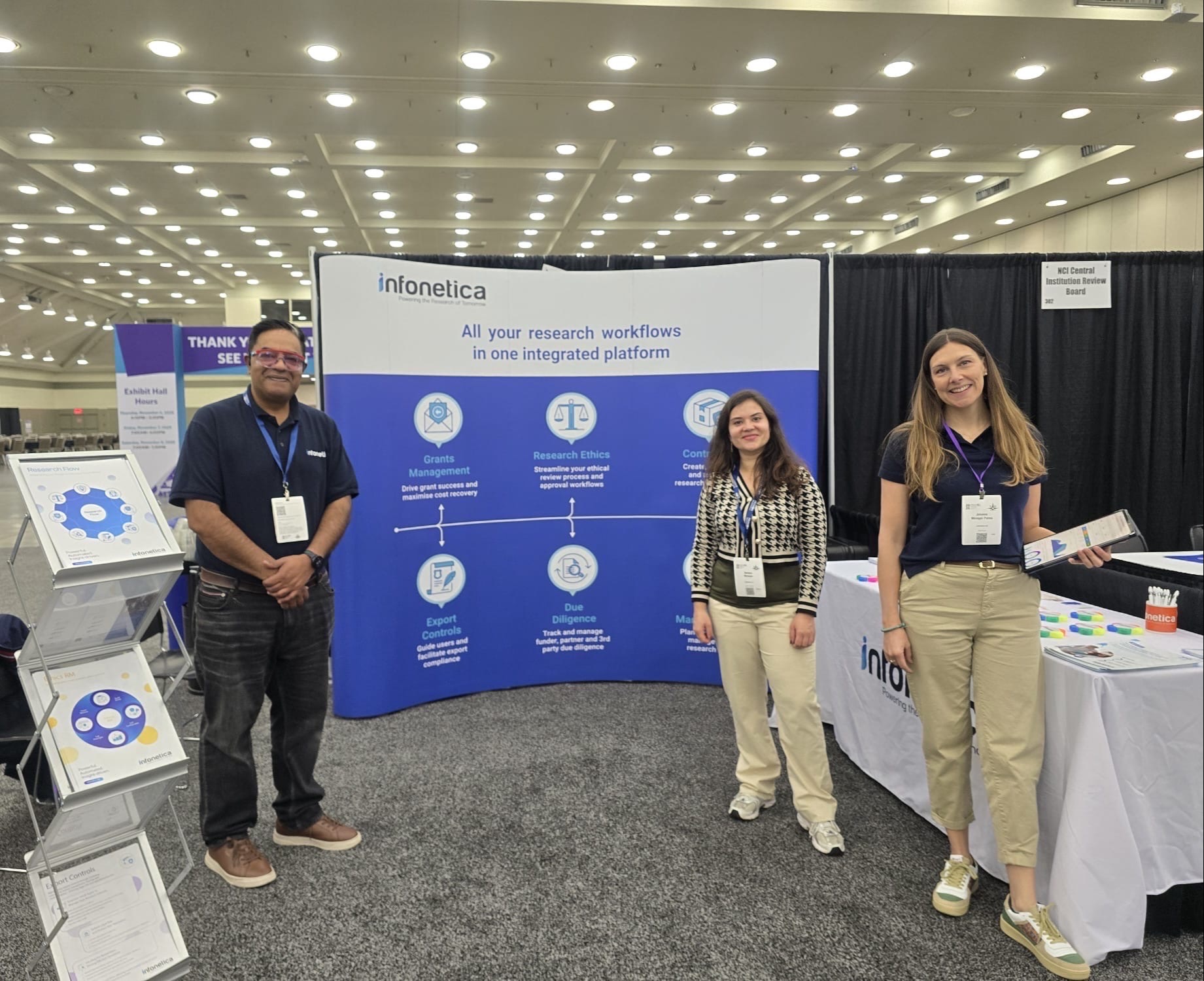

.png)
.png)
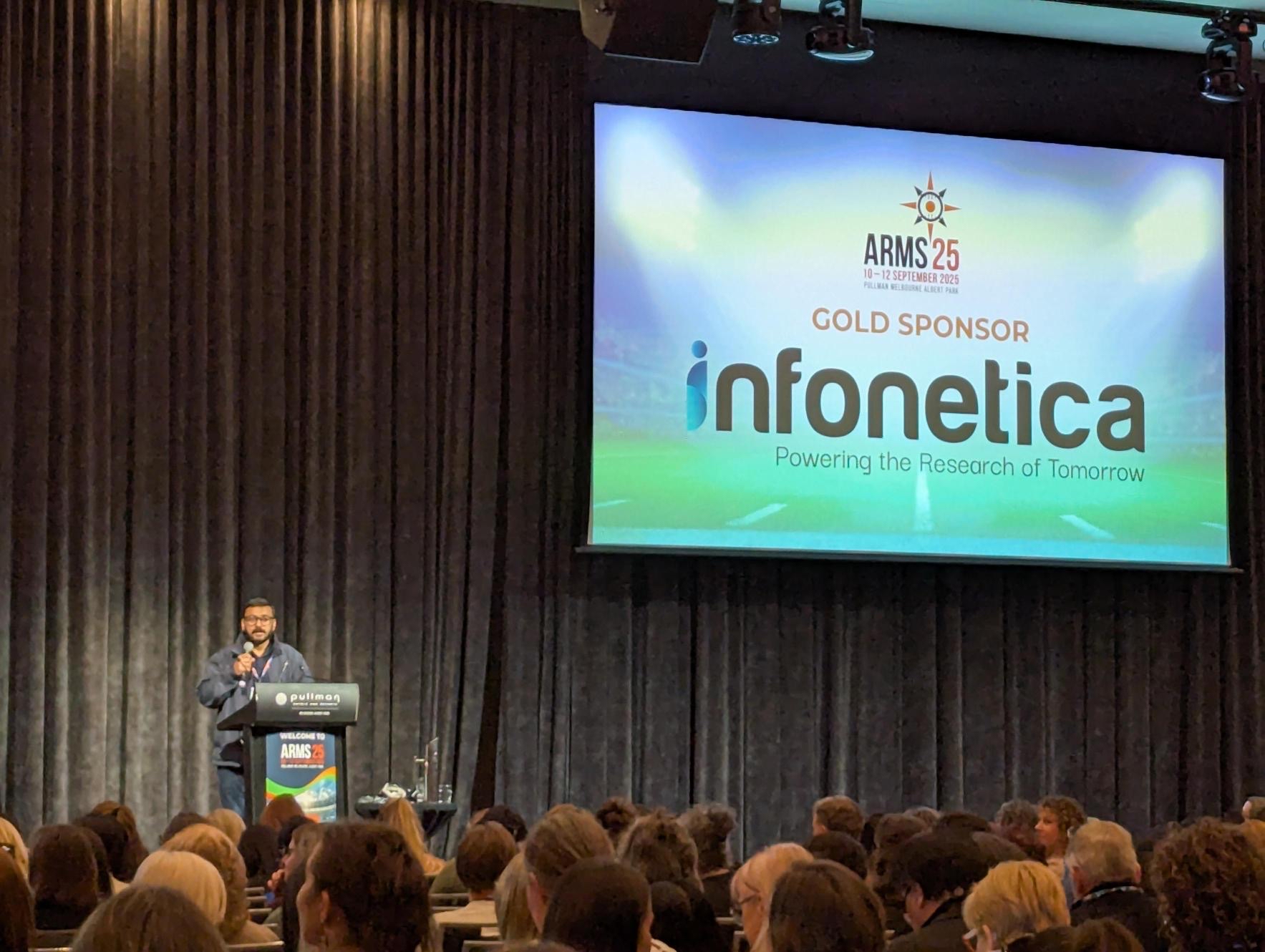
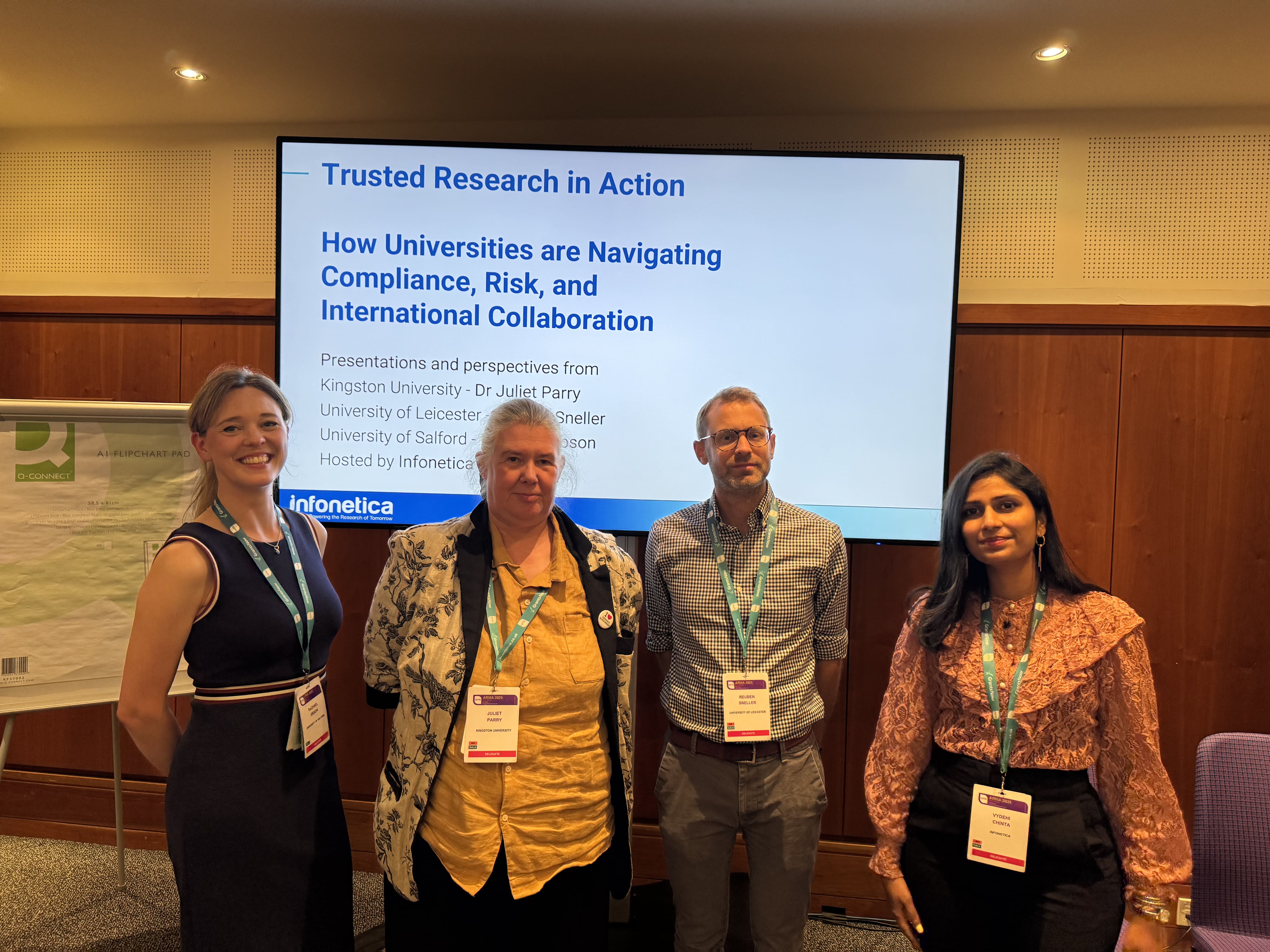
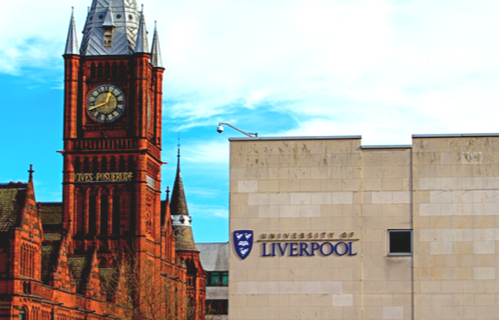
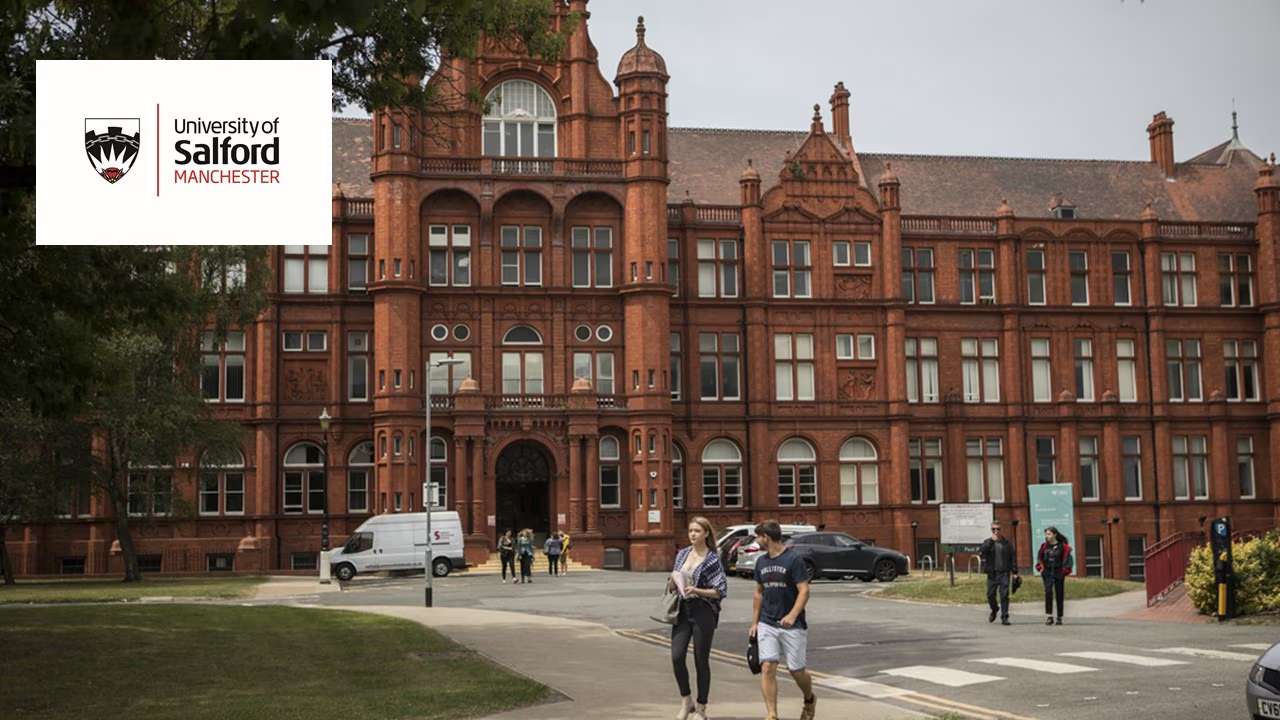





.jpg)

.png)






